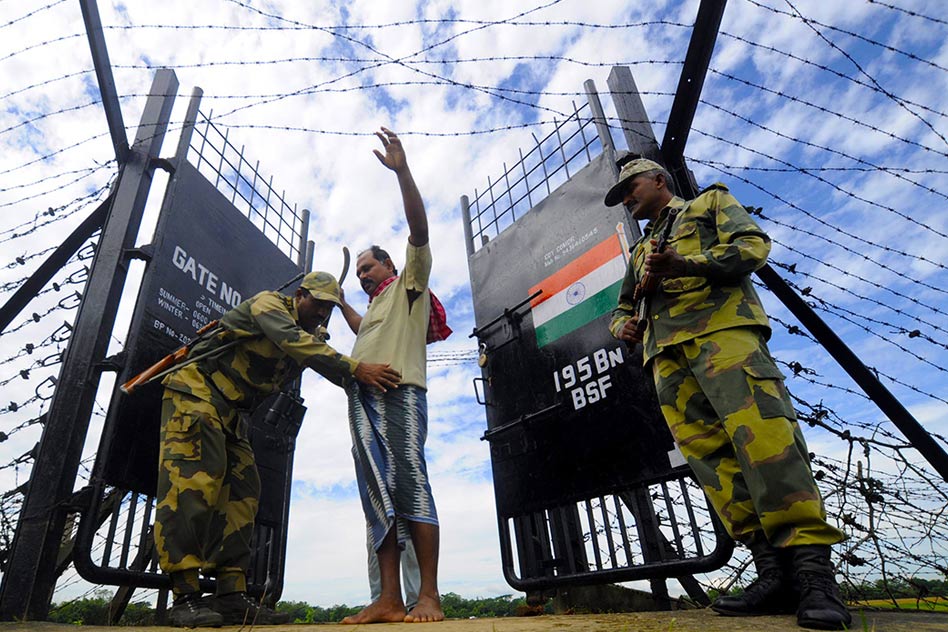Image Source: seekernetwork
In an unprecedented move for any two countries mired in border disputes for almost seven decades, India and Bangladesh have shown the world that there is always an alternative to violence and bloodshed if one really wants to achieve ends through peaceful means. They swapped lands in each other’s national territories last night to enable more than 50,000 residents of 162 enclaves – 111 in Bangladesh and 51 in India – to hoist their respective national flags in the country of their choice!
South Asia is one of the most volatile regions in the world with frequent border disputes playing havoc with the lives of millions and keeping the area in constant tension. Given the situation, the accord signed between the Prime Minister of India, Narendra Modi, and his Bangladeshi counterpart, Sheikh Hasina, is historic and exemplary, worthy of applause by every global citizen.
The two South Asian nations share a highly irregular, 2500-mile border; where because of a quirk in their shared history small pockets of land belonging to each had been surrounded completely by the territory of the other. The enclaves called chitmahals and sometimes called pasha enclaves, emerged from a unique twist in history that was never fixed. Each island of land was left over, enveloped in a different country because of political arrangements between regional kingdoms dating back to the 18th century.
When India gained independence from the British colonial rule in 1947 and partitioned into India and Pakistan, each region was allowed to choose to be a part of either country. The bubbles of land were stuck away from their mainlands as the areas that surrounded them chose to be part of the opposite country and the new border was created. Bangladesh declared its independence from Pakistan in 1971.
Attempts were on between the governments of the two countries since then to resolve the issue but there was no agreement on the method of solving it. Hence, the residents of these enclaves languished disconnected from their homelands and not granted the citizenship of the country that surrounded them. They were in a no-man’s land, in effect stateless for 6 decades. They struggled with little administration or infrastructure such as schools, power and healthcare. Bangladeshi enclave dwellers resorted to fabrication of their names and addresses to get treatment at Indian hospitals or even get admission to Indian schools and colleges.
The Prime Ministers reached a final agreement, in June this year, setting the stage for a handover. Officials of both nations this month conducted surveys, asking residents to choose a country. The overwhelming majority of people living in Indian enclaves in Bangladesh opted for Bangladeshi citizenship. But nearly 1,000 people on the Bangladesh side opted to keep their Indian nationalities, meaning they will leave their homes by November for India where they will be resettled in West Bengal. This is the true spirit of democracy being translated from paper into practice, worthy of emulation by any peace loving nation of our times!
We hope that it becomes an example of what India can achieve with its other neighbours, though there is always a doubt as such efforts in the past have been continuously brought to naught by fractious relations with Pakistan as well as China’s ambitions to eclipse India and become the undisputed regional power. Hence, it would not be easy with other neighbours. However, for now Indians and Bangladeshis should stand united with the residents of these enclaves and celebrate this model, and what we hope would become a prototype, of democratic triumph











